We’re passionate about helping companies innovate with complex digital solutions. With automated DevOps, secure hosting, and frontend flexibility, platformOS lets you create high-performance platforms without the burden of maintaining backend infrastructure.

